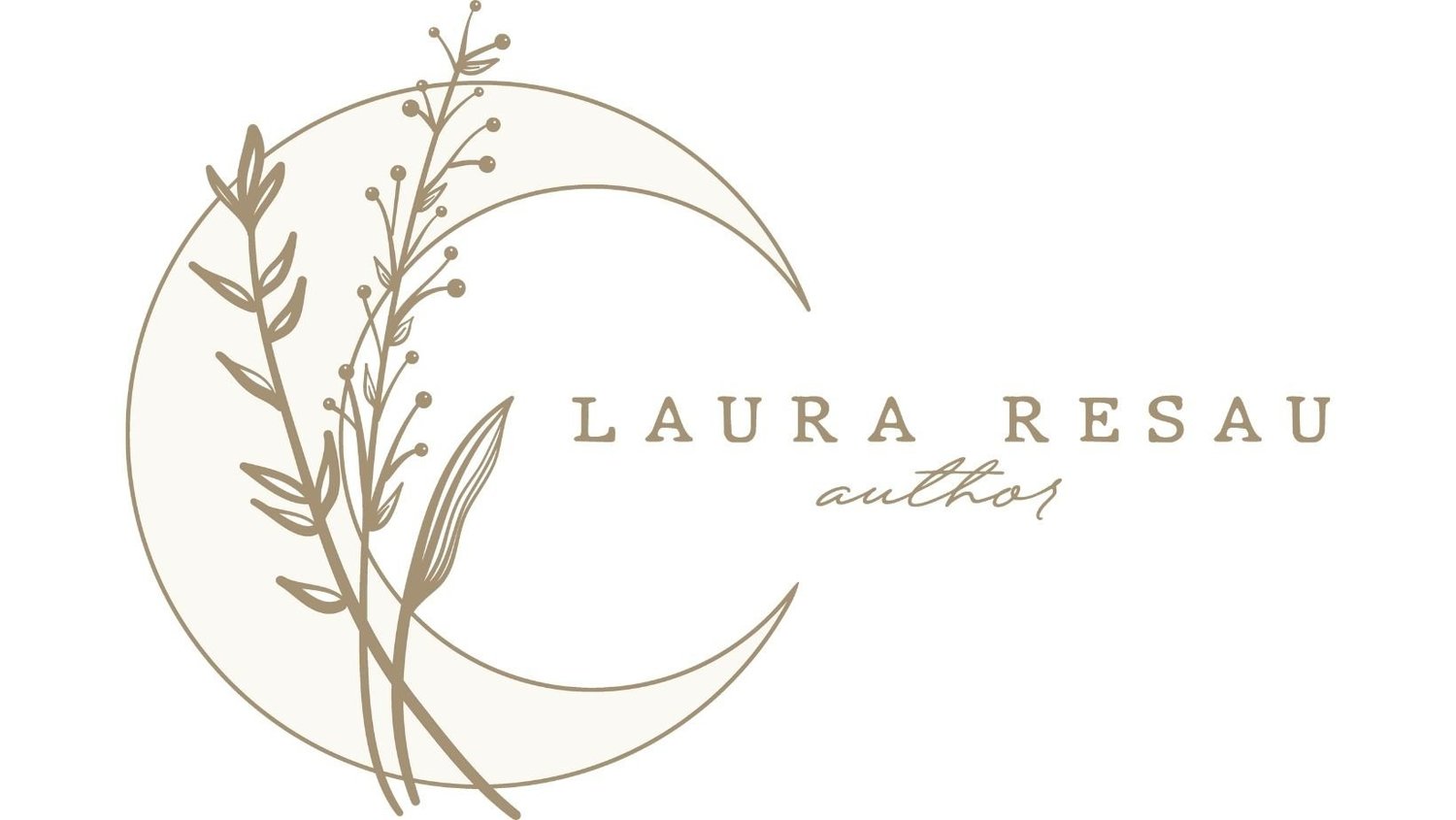Maria Virginia Farinango (aka the Queen of Water)
Hello dear readers!
You may not realize that I sneakily add stuff to my website all the time... sometime it's buried deep in pages within pages... and getting to it is kind of like spelunking. Here's one such item: an interview with Maria Virginia Farinango, my good friend and co-author of The Queen of Water.
How has Ecuadorian society changed since your childhood?
MV: There have been many positive changes. Today in Ecuador, in general, indigenous people are able to get an education. Otavaleno (Quichua) indigenous people have become more famous in the world. Through playing music and selling crafts, they have become very successful, financially speaking. There are even indigenous doctors and lawyers now, too. There are still some indigenous girl servants, but far fewer, and they are paid better and treated better now. They are considered more human.

Maria's husband, Tino (in checked shirt)-- amazing musician. In their front yard.
What changes still need to be made in Ecuadorian society?
MV: There should be better educational opportunities and a wider, more open-minded perspective. I'm able to get a different perspective during my travels in Colorado. Sometimes, when I meet people who learn that I'm indigenous, they say something like, "Me too, I'm indigenous! My great-great grandmother was Native American!" I see that they greatly value being indigenous. Through education and travel, we open our minds and learn to value other people, especially indigenous people.
Maria Virginia and her Colorado friends
What messages do you hope people will take from your story?
MV: The idea that you have your life or situation because you decided to be there-- you can decide: Today is a new day, yesterday has passed. Today I'll begin anew. God gave us the power to choose, good or bad, and to overcome obstacles.
What happened after the story ends?
MV: I became involved in social and academic activities, and community development work in my village. I won more competitions similar to the Queen competition in the book, and I was voted class president. I also competed in running events, and did public speaking on topics like education. I dabbled in TV and radio programs, too. Then I got married to my husband Tino, who is also indigenous-- he's an Andean musician. I began college, then had a baby and devoted time to my family and craft shows. Now, after the long break, I'm completing my degree in psychology.
Maria Virginia at her high school graduation
Tell us about your life now, 20 years after the book ends.
MV: I feel very happy! I have a wonderful life. Although I don't have many material possessions, I have the love of my husband, my child, and God. We have a good relationship, which is a treasure to me. I love traveling and learning. I'm grateful that I've had many successes in my life. I live in Otavalo now, where I study and work, and I try to come to Colorado every fall. (NOTE: YOU CAN MEET MARIA THIS SEPTEMBER 2011 IN FT COLLINS AND LOVELAND. SEE HERE FOR DETAILS!)
Maria and her husband Tino (checked shirt) dancing at a party in their yard in Otavalo
Tell us about your experiences being a mother. How did your childhood experiences affect your relationship with your son and husband?
MV: Being a mother and wife is wonderful. I feel I can say thank you after all the difficult things I've experienced that make me appreciate my life now. I was unhappy during the hard times, but that was how I learned to appreciate what I have now.

feeding chickens with her son at his paternal grandparents' house
Thanks for reading! I hope that you northern Colorado folks can come meet Maria in person this fall!!
xo,
Laura





